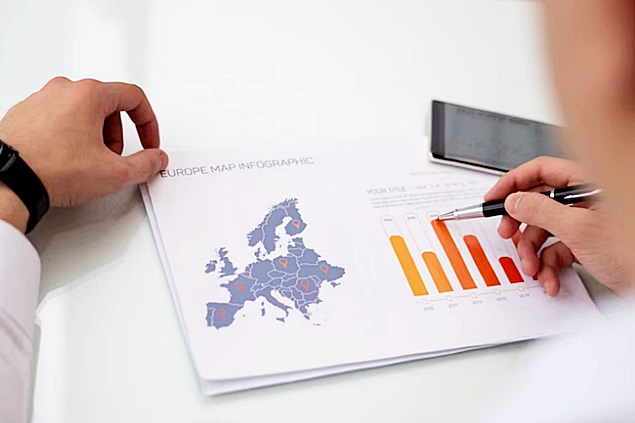1054

The European Union and Australia have failed to conclude discussions regarding a planned free trade agreement after the differences remained unresolved, especially concerning agricultural products, as reported by European Supermarket Magazine.
Optical differences
The EU and Australia initiated negotiations in 2018 and hoped to conclude the talks last month. However, differences persisted, particularly regarding the extent to which the EU will open its markets to Australian agricultural products, especially beef.
"We regret that it was not possible to conclude our discussions with Australia this week. We have made progress, but more efforts are needed to address the remaining key issues," stated a spokesperson for the European Commission.
Australian Minister for Trade Don Farrell said that officials from both sides will continue negotiations and seek to meet again in August.
"As we have said all along, Australia needs significant agricultural access to European markets," he told reporters in an impromptu press conference at a park in central Brussels.
Australia aims for broader access to EU markets for beef, lamb, dairy products, and wines, many of which are subject to tariffs and quotas.
"I am optimistic that, with some goodwill, hard work, and perseverance, we will get there," Farrell said.
Trade Diversification
Both parties are seeking to diversify trade, especially the EU, following Russia's invasion of Ukraine and Australia after China, its primary trading partner, imposed blockades on a range of Australian agricultural products in a 2020 political dispute.
An agreement could also help the EU source essential raw materials for its green and digital transition and reduce its dependence on China. Australia is the world's largest producer of lithium.
Negotiations also continue concerning greater EU access to Australian energy products and raw materials, as well as services.
The EU has stated that a trade deal with Australia could add up to €3.9 billion to the EU's GDP by 2030, benefiting car manufacturers, metals, electronic equipment, chemicals, automobile producers, and food and beverage producers.
Australia foresees gains for its agricultural exporters and service providers, with increased access for Australian businesses to invest in Europe.
New Zealand Signs Trade Deal with the EU
Meanwhile, New Zealand and the European Union have signed a free trade agreement earlier this week, following the completion of negotiations in 2022, with expectations for it to come into force in the first half of 2024.
New Zealand's Minister for Trade and Export Growth, Damien O’Connor, stated that the trade deal will reduce costs and support exporters in developing and diversifying their trade.
"This new access will help accelerate our post-COVID recovery, providing a boost to our regions as they face the ongoing effects of Cyclone Gabrielle," he added.
The agreement was signed in Brussels by O’Connor and EU Executive Vice-President and Commissioner for Trade, Valdis Dombrovskis.
The official added that the NZ-EU FTA is expected to come into effect in the first half of 2024, once both parties finalize the necessary legal steps.





